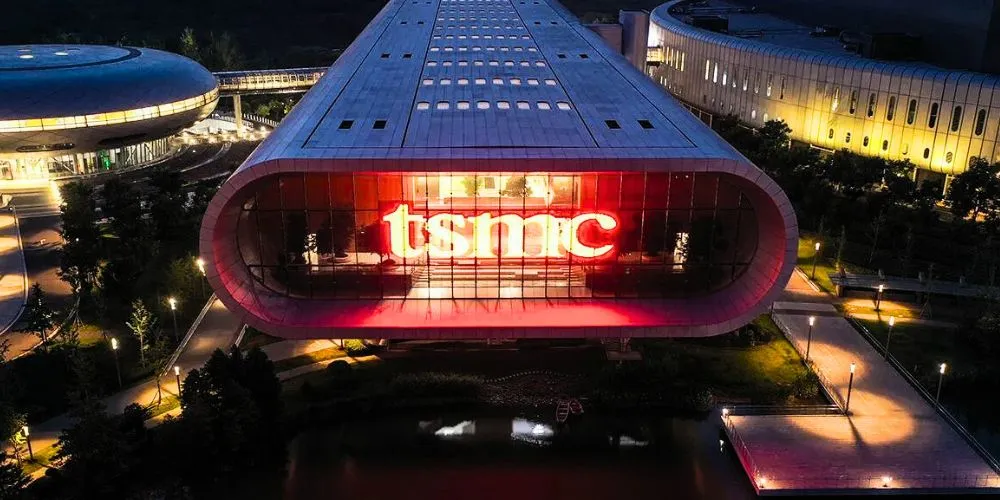Key Points
- TSMC states that U.S. tariffs are affecting its business indirectly by increasing prices and potentially reducing demand.
- Customer behavior has not yet shifted due to trade uncertainty, but the situation may evolve in the coming months.
- TSMC denied reports of plans to build chip factories in the United Arab Emirates.
- The company suspended shipments to Chinese chipmaker Sophgo due to regulatory concerns related to Huawei-linked chips.
Taiwan Semiconductor Manufacturing Company (TSMC), the world’s largest contract chipmaker, acknowledged on Tuesday that U.S. tariffs are having a minor impact on its operations but emphasized that demand for artificial intelligence (AI) chips remains robust and continues to exceed supply.
Speaking at TSMC’s annual shareholders meeting in Hsinchu, Taiwan, CEO C.C. Wei said the company hasn’t seen any immediate changes in customer behavior due to ongoing tariff uncertainty stemming from U.S. President Donald Trump’s trade policies, which have rattled the global semiconductor market. TSMC supplies leading tech giants such as Apple and Nvidia with its advanced chips.
“Tariffs do have some impact on TSMC, but not directly,” Wei explained. “Because tariffs are imposed on importers, not exporters, TSMC is not directly hit. However, these tariffs can increase prices and potentially reduce demand, which could affect our business indirectly.”
Despite the trade-related headwinds, Wei noted that demand for AI-related chips remains exceptionally high. “We’re doing everything we can to provide enough chips to our customers, but even with all our efforts, it’s still not enough,” he said.
Back in April, TSMC issued an optimistic forecast for 2025, citing surging demand for AI applications. That trend remains unchanged, Wei confirmed.
When asked about reports suggesting that TSMC was considering building chip plants in the United Arab Emirates, Wei denied any such plans, stating, “We are not planning any factories in the Middle East.”
Wei also addressed the suspension of chip shipments to Chinese chip designer Sophgo, whose product closely resembled a Huawei AI processor. He emphasized that TSMC adheres to all international regulations and collaborates closely with both the Taiwanese and U.S. governments to ensure compliance.
Regarding geopolitical tensions, particularly China’s increasing military pressure on Taiwan, Wei stated that TSMC could not act alone in the event of a possible crisis in the Taiwan Strait. “If something happens that we don’t want to happen, it will be a matter for governments to handle,” he concluded.





